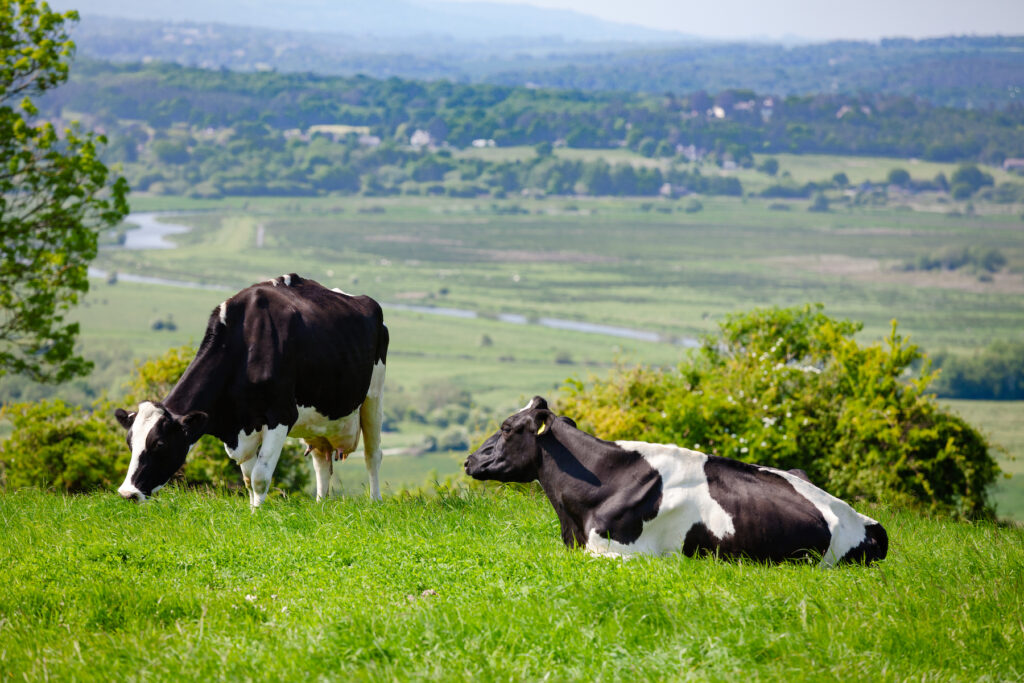Be vigilant for summer mastitis, cattle farmers warned
29th May 2023
Beef and dairy farmers are being reminded of the signs of summer mastitis in dry cows and heifers, and strategies to prevent it this summer.
Summer mastitis is often a hidden problem on farms, and once a case is identified it can be too late to save the affected quarter of the udder, says Katie Arrowsmith, from LLM Farm Vets in Shropshire, part of the VetPartners Group.
Affecting non-lactating cows including dry cows, heifers and in some cases steers and bulls, summer mastitis tends to be caused by sheep head fly, which transmits bacteria to the udder.
Ms Arrowsmith says the fly thrives in warm, humid weather, and cases of summer mastitis is commonly seen between July and September – the disease is sometimes referred to as ‘August bag’.
“Farmers should look out for any enlargement of the gland or teat in a dry cow or heifer that is out grazing,” she adds.
“Typical signs of infection include pain and swelling in the udder, agitated behaviour in the animal such as kicking or licking the udder, and the presence of flies.”
She says the disease can often go unnoticed, however if a farmer is getting a lot of three-quarter heifers calving in, then that suggests there is a problem with summer mastitis in the herd.
“If the disease is caught early enough, it can be treated with non-steroidal anti-inflammatories and an antibiotic,” adds Ms Arrowsmith.
“However, once the infection progresses, the treatment is focused on saving the animal’s life, and not just her udder.”
How to prevent summer mastitis
Preventative measures to reduce the threat of summer mastitis include the use of pyrethroid products, such as a pour-on or insecticide-impregnated ear tag, or the use of parasitic wasps as a biological method of control.
“The wasps should be spread out over the area where the flies are laying their eggs, and they will prevent the adult fly developing,” explains Ms Arrowsmith.
“Farmers should also avoid grazing dry cows and heifers in areas with hedges or lots of shrubs as flies congregate here, and instead put them somewhere more open with a breeze.”
In dairy herds, farmers who suspect they have a problem with summer mastitis should also consider using teat sealants on heifers as well as dry cows.
“In all cases, if you suspect you have a problem with summer mastitis you should speak to your vet about treatment and preventative options,” says Ms Arrowsmith.

